
Noir and Hardboiled Mysteries (part 1)
Dames, darkness, and detectives. Special guest Frances joins Brook and Sarah to explain the origins and differences of hardboiled and noir fiction. Part 1 of 2.
ResourcesThe Adventures of Philip Marlowe radio dramas
Chandler, Raymond The Big Sleep
Chandler, Raymond (1950). The Simple Art of Murder
Hammett, Dashiell (2013). The Hunter and Other Stories
Works referenced (in order of mention)Carroll John Daly "The False Burton Combs" Black Mask Magazine (1922)
- Black Mask Magazine
- Dime Detective
- Spicy
- Adventure
James M. Cain Double Indemnity (1943)
Micky Spilane
James M. Cain The Postman Always Rings Twice (1934)
Martin Goldsmith Detour (1939)
The Adventures of Philip Marlowe radio dramas
Dashiell Hammett Maltese Falcon (1930)
James Ellroy L.A. Confidential (1990)
For more information:
Visit cluedinmystery.com
Instagram: @cluedinmystery
Contact us: hello@cluedinmystery.com
Music: Signs To Nowhere by Shane Ivers - //www.silvermansound.com
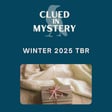
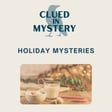
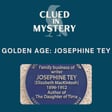
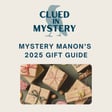
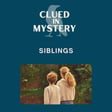

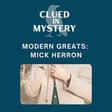
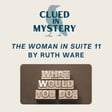
![[Bonus] Read Along: Daughter of Time image](https://media.zencastr.com/cdn-cgi/image/width=112,quality=85/image-files/61e1c276e3ec42007857cff9/b953ad72-c43e-48ca-a18a-b3c216ab90ee.jpg)
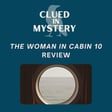
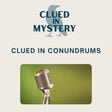
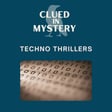
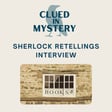
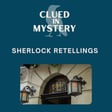
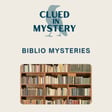
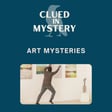

![[Bonus] Thursday Murder Club preview image](https://media.zencastr.com/cdn-cgi/image/width=112,quality=85/image-files/61e1c276e3ec42007857cff9/e51be644-e446-4d32-b89c-12bfc60d30e9.jpg)
![[Re-release] Hallmark Mysteries and More (part 2) image](https://media.zencastr.com/cdn-cgi/image/width=112,quality=85/image-files/61e1c276e3ec42007857cff9/edbc4a22-ebb8-42cb-b211-1f94f4cb920f.jpg)
![[Re-release] Golden Age Author: Ngaio Marsh image](https://media.zencastr.com/cdn-cgi/image/width=112,quality=85/image-files/61e1c276e3ec42007857cff9/782f9391-308c-4bad-9197-749bef7d8bd1.jpg)